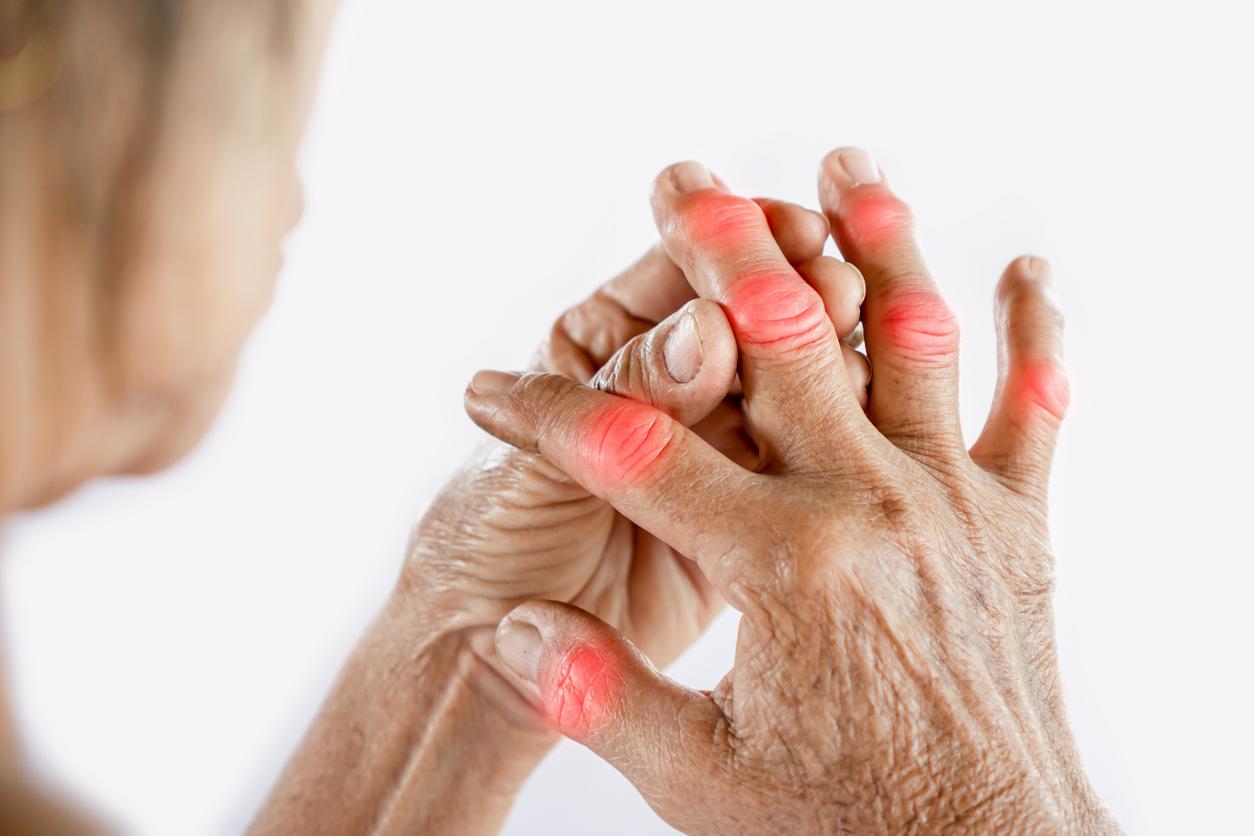In our body, in adults (men and women) the content of calcium can go up to 1 to 1.2 kg approximately. Calcium is also very present in food, which allows us (through a balanced diet) to respect the recommended daily intake.
Why is consuming calcium important for health?
THE calcium is the main mineral in the body and is 99% found in the bones. Its main function is the edification and skeletal renewalbut he To other important functions in the body, such as the transmission of information between cells, blood clotting and muscle and heart contraction.
How much calcium to consume per day?
The recommended daily allowance (RDA) for calcium is 900mg/day. Teenagers, pregnant and breastfeeding women and the elderly have higher calcium requirements, around 1000 to 1200 mg per day.
What foods are high in calcium?
The main dietary sources of calcium are dairy products (milk, cheese, yogurts…), which provide a significant amount of calcium, which is more easily absorbed at the digestive level. THE cooked cheeses such as emmental are the dairy products richest in calcium with a calcium content of 800 to almost 1200 mg per 100g.
Other calcium-rich foods are:
- legumes (white and black beans)
- THE nuts (almondsHazelnut, nut…)
- cereal products (oats, quinoawhite or red beans, soy…)
- Some leafy greens (cabbage, cresschard, spinach, parsley, etc.). They have a contribution between 160 and 250 mg of calcium per 100 g
- Seafood, the anchovies and THE sardinesthese (whole bones) have an intake of 200 to 400 mg of calcium per 100 g
- Certain waters very rich in calcium
Good to know :oxalates (substances contained in beets, rhubarb, spinach, sorrel, etc.) and tea tannins reduce calcium absorption. Avoid consuming these foods at the same time as dairy products. The sodium present in cooking salt would inhibit the action of vitamin D and could also reduce the assimilation of calcium.
Is it good to take calcium every day?
Yes, because our body is not able to manufacture it itself, a daily external contribution is essential. Calcium intake is especially necessary for the growth of the skeleton and the maintenance of bone health.
Which vitamin helps bind calcium?
There vitamin Drelatively little present in food, is mainly synthesized by the skin under the effect of ultraviolet rays helps to fix calcium. This is also the case of Fatty acids Omega 3. Both appear to improve calcium absorption and binding to bone, and reduce its elimination in urine and stool.
What are the symptoms of a lack of calcium?
Lack of calcium in the bloodcalled hypocalcemiacan cause epidermal disorderscapillary, muscle pain (cramps and spasms), numbness or tingling of the hands and arms, fatiguedental problems, osteoporosisamong others.
Can you have too much calcium?
Yes, but this is rarely linked to high dietary calcium intake. Usually hypercalcemia is caused by taking high doses of calcium supplements, especially when accompanied by vitamin D, as this can increase calcium absorption. The most common causes of hypercalcemia are malignancies and hyperparathyroidism.
Good to know :
- Bone is living tissue that forms and breaks down throughout our lives. This phenomenon makes it possible to replace the old bone with young bone and to repair the various damage suffered by the bone.
- In order to allow you to calculate your daily calcium intake (amount of calcium provided each day by your diet), the Osteoporosis Research and Information Group (GRIO) provides you with an online calculation tool: Calculation of daily calcium intake
Source :
- Daniele Festy, Anne Dufour, Guide to vitamins and trace elements2005, Hachette Practical Editions.
- Calcium.anses.fr
- Prevention of osteoporosis.vidal.fr.























